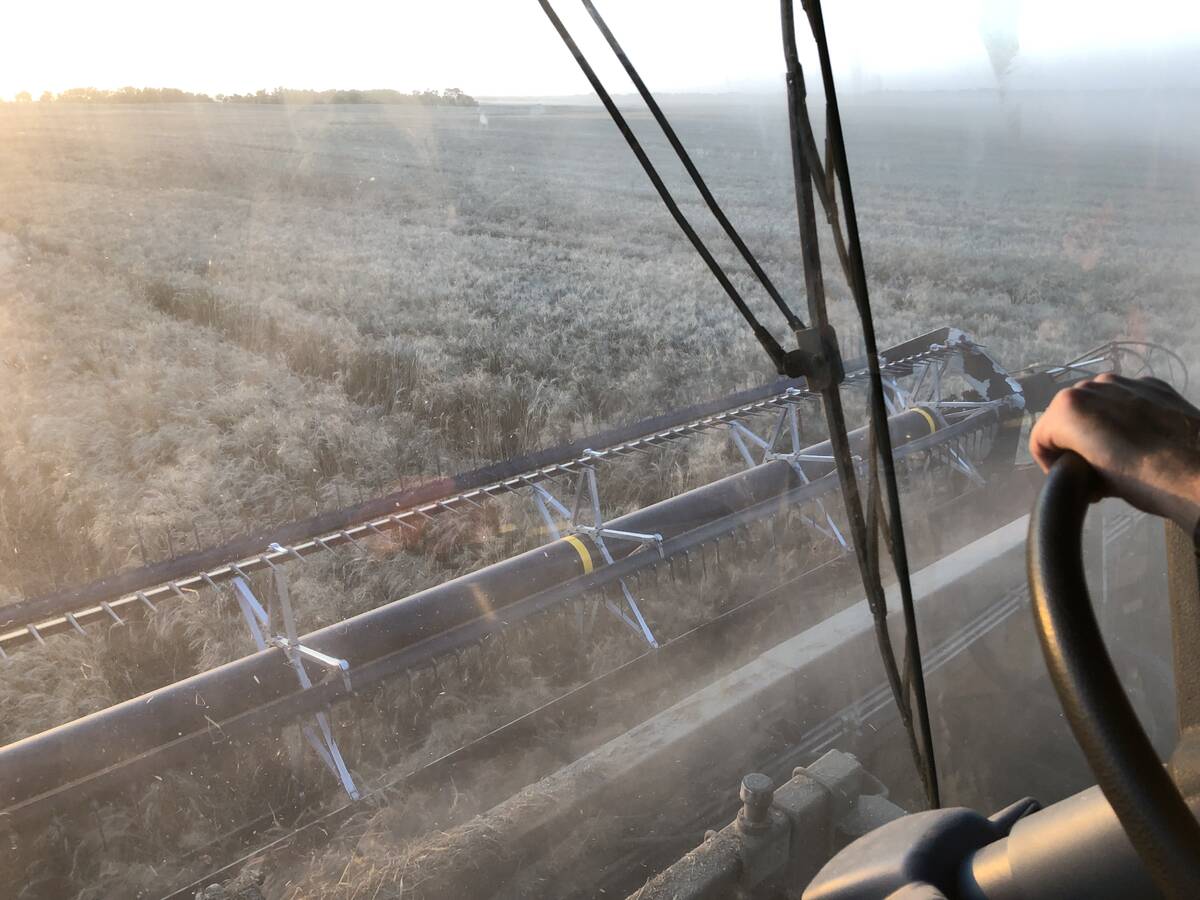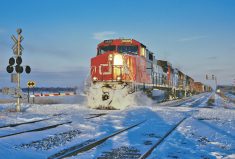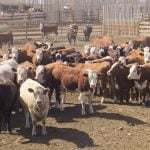Another rail strike could be drawing near.
Members of the Teamsters Canada Rail Conference (TCRC) are in the middle of a strike vote. The vote comes after three collective agreements, covering CN and CPKC engineers and conductors as well as rail traffic controllers at CPCK, expired December 31.
The TCRC electronic strike vote began April 8th and will wrap up May 1st, meaning the earliest a strike or lockout can legally occur is May 22nd.
While there’s still some track ahead of the labour unrest locomotive, the grain sector is concerned it could be collateral damage in the dispute.
Read Also

Mail strike disrupts grain sample delivery
The Canadian Grain Commission has asked farmers to consider delivering harvest samples directly to CGC offices, services centres or approved drop offs as Canada Post strike delays mail.
Wade Sobkowich, executive director of the Western Grain Elevator Association, says the risk is “huge” and that the stoppage will be “absolute or near absolute” for bulk grain movements.
He added that even the usual seasonal and cyclical dimension of grain sales and movement aren’t in the sector’s favour this crop year. There’s been more demand for rail cars than have been supplied, leading to what he describes as a “flatlining” effect on sales through the year.
“A larger portion of the crop than normal has been pushed outside the peak period and there is still a lot of grain to move,” he said.
He also noted the labour woes cover both major railways which is a double-whammy for the grain sector.
“In this case, both rail networks will stop at the same time,” he said.
Mark Hemmes, president of Quorum, the national grain shipping monitor, says any potential labour disruption on the major railways is a concern for the grain sector, regardless the time of year. The first effect is the uncertainty that’s generated, regardless whether the strike actually occurs or is averted, when shippers are forced to make decisions that “disrupt the balance of movement.”
“They do things like pre-sell or cancel sales or find alternate routings, an so on,” Hemmes said.
Then there’s the hit to Canada’s reputation as a reliable supplier to global grain markets.
“Overseas buyers cringe, as you can be certain they are watching this too and thinking ‘Yet another strike in Canada?’,” Hemmes said.
Sobkowich agrees, saying this underlines why its so important that supply chains continue to function, even during times of collective bargaining.
“Lack of stability creates uncertainty, which adds costs to any supply chain, which adds to inflationary pressures, which increases the costs of goods for Canadians and abroad,” he said.
Sobkowich added WGEA respects collective bargaining legislation, when the effects are limited to the decision making parties—in this case the railways and the workers. But since the rail sector isn’t a competitive environment in Canada, and few alternatives exist for shippers, creating interests outside the decision-making parties.
“Since railways in the grain sector are monopoly service providers, the same threat of loss of business is not present,” Sobkowich said. “The true sufferers in a railway strike or lockout are grain shippers and exporters who cannot move the grain, their customers who are waiting for product to arrive in the country of import, grain producers who are not able to get paid because they cannot deliver, and Canadians in general.”
Hemmes noted that there’s still lots of time for the railways and workers to come to agreement, and that could allow the sector to dodge the worst of the effects of any disruption.
“I cannot see a strike happening before June sometime, if at all, so we will see a good portion of the crop moved by then,” he said. ” Although we usually have that last burst of movement in late June as producers clear their bins after they’ve done spraying and have a better comfort level about what they think is going to come off the fields.”
The union’s website notes that the last meetings with CPKC took place March 27 and 28, with the next scheduled date for negotiations set for April 23 and 24.
The last negotiations with Canadian National were scheduled to take place April 10, 11, 12, 29 and 30 and then during the week of May 13 and 20.

















